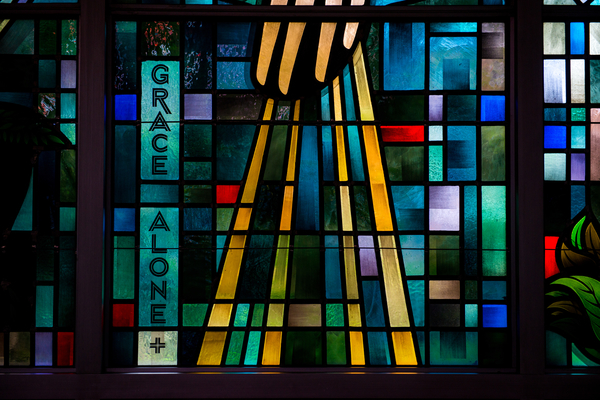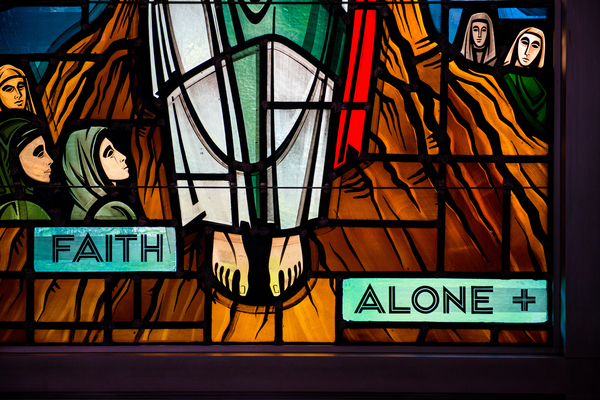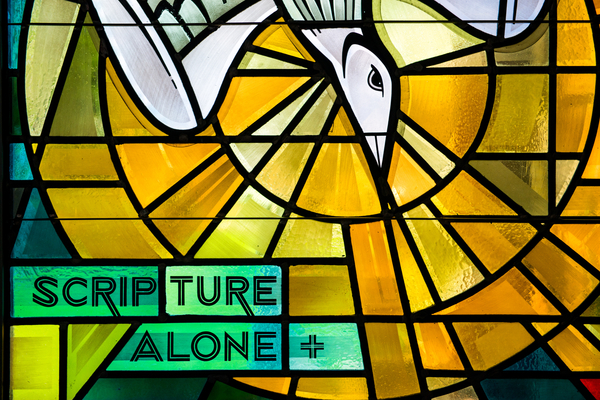St. Peter By The Lake Church LCMS and Preschool
What We Believe
Belief and Practice
With the universal Christian Church, The Lutheran Church—Missouri Synod teaches and responds to the love of the Triune God: the Father, creator of all that exists; Jesus Christ, the Son, who became human to suffer and die for the sins of all human beings and to rise to life again in the ultimate victory over death and Satan; and the Holy Spirit, who creates faith through God's Word and Sacraments. The three persons of the Trinity are coequal and coeternal, one God.
Being Lutheran
Our congregations accept and preach the Bible-based teachings of Martin Luther that inspired the reformation of the Christian Church in the 16th century. The teaching of Luther and the reformers can be summarized in three phrases: Grace alone, Faith alone, Scripture alone.
- Grace Alone
- Sola Gratia

God loves the people of the world, even though they are sinful, rebel against Him and do not deserve His love. He sent Jesus, His Son, to love the unlovable and save the ungodly.
- Faith Alone
- Sola Fide

By His suffering and death as the substitute for all people of all time, Jesus purchased and won forgiveness and eternal life for them. Those who hear this Good News and believe it have the eternal life that it offers. God creates faith in Christ and gives people forgiveness through Him.
- Scripture Alone
- Sola Scriptura

- The Bible is God's inerrant and infallible Word, in which He reveals His Law and His Gospel of salvation in Jesus Christ. It is the sole rule and norm for Christian doctrine.
Who is Jesus?
For more than 2,000 years people have asked this question. We were not present when Jesus lived on this earth, but in the Bible we have the record of His birth, life, death on the cross, and resurrection. Through the study of the Bible, you can seek the answer to this age-old question. Visit our "Who is Jesus?" section to learn more. http://www.lcms.org/whoisjesus
What does "Synod" mean?
The word "Synod" in The Lutheran Church—Missouri Synod comes from Greek words that mean "walking together." The term has rich meaning in our church body because congregations voluntarily choose to belong to the Synod. Though diverse in their service, our congregations hold to a shared confession of Jesus Christ as taught in Holy Scripture and the Lutheran Confessions.
Lutheran congregations are confessional. Our congregations believe the Lutheran Confessions are a correct interpretation and presentation of biblical doctrine.
Contained in The Book of Concord: The Confessions of the Evangelical Lutheran Church, these statements of belief were transcribed and shared broadly by church leaders during the 16th century. Luther's Small Catechism contains essential summaries of our beliefs, while the Augsburg Confession gives more detail about what Lutherans believe.